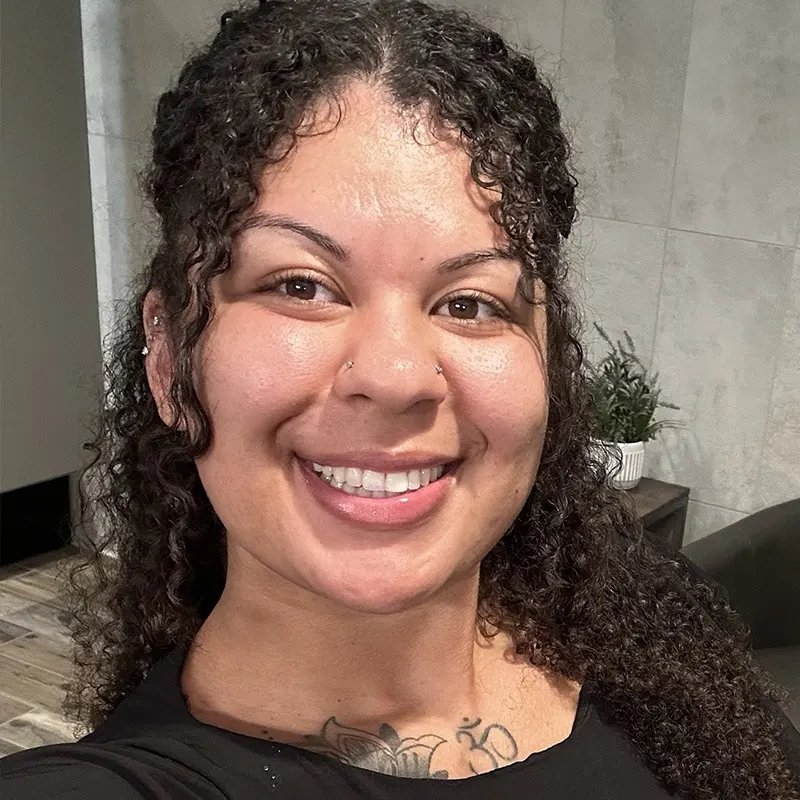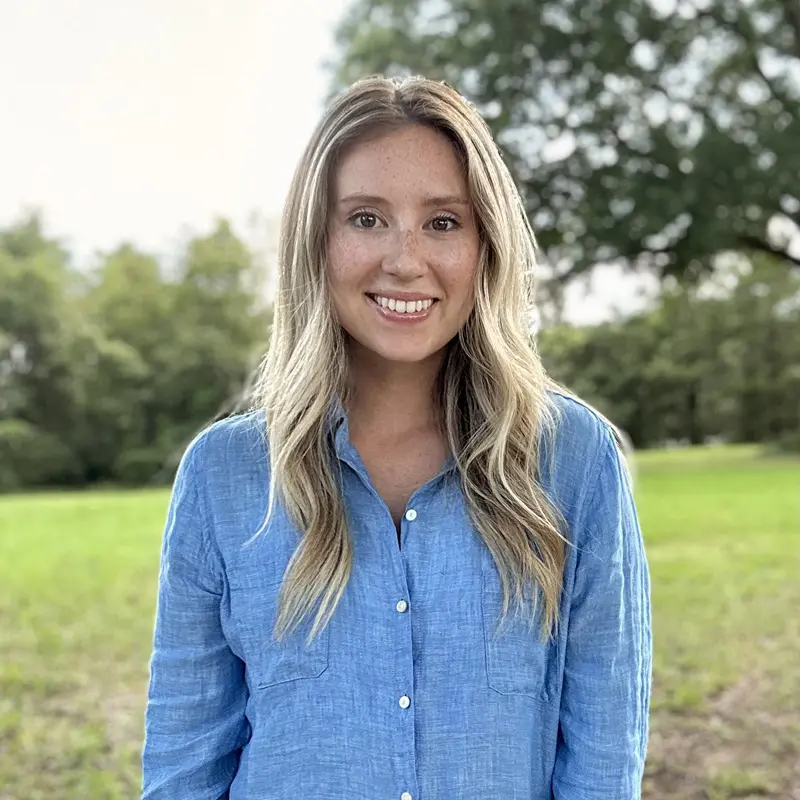Choosing the right ABA therapist for your child is one of the most important decisions you’ll make on your family’s autism treatment journey. Applied Behavior Analysis (ABA) is one of the most effective, evidence-based approaches for children with autism spectrum disorder (ASD). However, not all ABA providers are created equal. Knowing the right questions to ask before choosing an ABA therapist can help ensure your child receives the highest quality care tailored to their individual needs.
Whether you’re just beginning to explore therapy options or preparing to switch providers, this guide from Cardinal Pediatric Therapies will help you navigate the essential questions to ask, enabling you to make an informed and confident decision.

Why Choosing the Right ABA Therapist Matters
ABA therapy focuses on teaching meaningful life skills and reducing problematic behaviors through data-driven, individualized plans. A great ABA provider will not only offer effective treatment but also collaborate with your family to support your child’s progress at home, school, and in the community.
When you know what to ask when choosing an ABA provider, you can better assess their qualifications, values, and approach to care. These insights will help ensure the therapy aligns with your child’s learning style, developmental needs, and long-term goals.
What Certifications and Qualifications Do the ABA Therapists Hold?
Start by asking about credentials. The gold standard in ABA therapy is the Board Certified Behavior Analyst (BCBA). This credential ensures the professional has completed graduate-level education in ABA, passed a national certification exam, and maintains continuing education.
You may also encounter Registered Behavior Technicians (RBTs), who are paraprofessionals providing direct therapy under the supervision of a BCBA. It’s essential to confirm that RBTs receive regular supervision and that a certified BCBA oversees your child’s care.
Key questions to ask:
- Are your therapists BCBAs or supervised RBTs?
- How often does the supervising BCBA observe therapy sessions?
- What ongoing training do your staff members receive?

What Is the Provider’s Experience with Children Who Have Similar Needs?
ABA therapy is not one-size-fits-all. Ask about the provider’s experience with children who share similar challenges or diagnoses as your child. A provider with experience working with children at similar developmental levels can better anticipate obstacles, tailor programming, and deliver more meaningful results.
Helpful follow-ups:
- Can you share examples of past cases similar to my child’s?
- What age range do you typically work with?
- Do you have experience with nonverbal children or those with co-occurring conditions?
How Are Individualized Treatment Plans Created?
Effective ABA therapy begins with a thorough initial assessment. From there, your child should receive a customized treatment plan that outlines clear goals, objectives, and teaching strategies.
Ask how these plans are developed and how frequently they’re updated. A strong ABA provider will use ongoing data collection to adapt the plan as your child grows and changes.
What to ask:
- How do you create personalized ABA goals?
- How often are goals reviewed and adjusted?
- What assessments do you use to track progress?
What Is the Role of Parents in the Therapy Process?
Parent involvement is a cornerstone of successful ABA therapy. Skills learned in a clinical setting must be reinforced at home and in the community for long-term success. Ask how the provider involves parents in the treatment process and whether they offer parent training sessions or home-based support services.
Key questions:
- How often do you communicate with parents?
- Are parents invited to observe sessions?
- Do you provide training or strategies to use at home?
How Is Progress Measured and Reported?
ABA is a data-driven approach. The provider should collect data during every session and use it to inform decisions about the treatment plan. Ask how progress is tracked and how frequently it is reported to families.
Important follow-ups:
- What methods do you use to track skill acquisition and behavior reduction?
- Will I receive regular updates or progress reports?
- How do you determine if a goal has been mastered?
How Are Challenging Behaviors Addressed?
Many children with autism exhibit behaviors such as aggression, self-injury, elopement, or tantrums. A qualified ABA provider should have experience addressing these challenges using positive behavior support strategies, not punishment or restrictive measures.
What to ask:
- How do you assess and respond to challenging behaviors?
- What interventions do you use to reduce these behaviors?
- Do you create Behavior Intervention Plans (BIPs)? If so, how are they developed?

How Do You Ensure Consistency of Care?
Consistency is key to the success of ABA therapy. High staff turnover, inconsistent scheduling, or a lack of communication can undermine your child’s progress. Ask about staffing stability, therapist assignments, and how transitions are handled.
Ask about:
- Will my child work with the same therapist consistently?
- How do you handle staff changes or therapist absences?
- What supervision structure is in place to ensure quality and consistency?
What Is the Provider’s Philosophy and Treatment Environment?
It’s also essential to understand the provider’s treatment philosophy. Are they child-centered and focused on strengths? Do they take a collaborative, compassionate approach? Ask about their therapy environment, whether services are provided at home, in a clinic, at school, or a combination of settings.
Consider asking:
- What does a typical session look like?
- How do you make therapy engaging and motivating for children?
- Do you incorporate naturalistic teaching methods or structured instruction?
Does Insurance cover Services?
Ask about accepted insurance plans, what is typically covered, and whether they offer guidance on verifying benefits. A reputable provider will help you navigate Insurance and provide clear information about costs.
Important topics to cover:
- Do you accept my insurance plan?
- Will you help me verify my benefits?
- Are there any out-of-pocket costs or payment options available?
Can I Speak to Other Parents or Read Testimonials?
Finally, ask for parent references or testimonials. Real experiences from other families can offer insight into what you can expect and help you feel more confident in your decision.
Ask the provider:
- Do you have testimonials or references from current or former clients?
- Can I observe a session or tour the facility?

How to Choose the Right ABA Therapist for Your Child
Finding the right ABA therapist involves more than just scheduling sessions. It’s about partnering with professionals who understand your child’s unique needs, goals, and strengths. By asking the right questions before choosing an ABA therapist, you empower yourself to make an informed and thoughtful decision that can have a profound impact on your child’s development.
At Cardinal Pediatric Therapies, we believe that every child deserves individualized, compassionate, and evidence-based care. Our team of highly trained BCBAs and RBTs works collaboratively with parents to create a positive and consistent environment for growth.
Serving families in Arizona and North Carolina, we offer personalized ABA therapy that fosters life skills, reduces challenging behaviors, and promotes long-term success.











